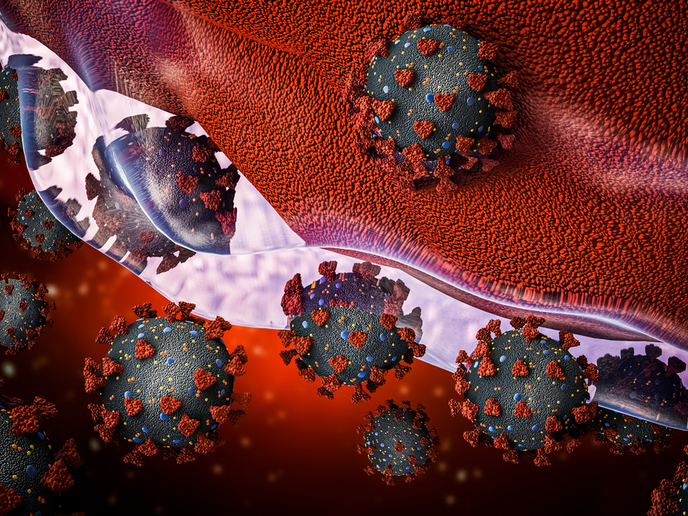Project of the Month: A new breakthrough in understanding how SARS-CoV-2 invades human cells
Like all viruses, SARS-CoV-2 attaches itself and invades human cells by using a specific viral protein called the ‘Spike’ protein. In this breakthrough study, led by the University of Bristol in the United Kingdom, the research team used multiple approaches to discover that SARS-CoV-2 recognises a protein called neuropilin-1 on the surface of human cells to facilitate viral infection. This new knowledge could be potentially game-changing in developing antiviral therapies and vaccines to treat COVID-19. Whilst we are specifically highlighting Yamauchi for his contribution to these results (as this is our remit), CORDIS also extends its congratulations to absolutely everyone involved in this promising breakthrough! The full study has recently been published in ‘Science’. For more information, please see: https://science.sciencemag.org/content/early/2020/10/19/science.abd3072 “Could the Spike protein of SARS-CoV-2 associate with neuropilin-1 to aid viral infection of human cells? Excitingly, in applying a range of structural and biochemical approaches we have been able to establish that the Spike protein of SARS-CoV-2 does indeed bind to neuropilin-1.” - Research team press release If you are interested in having your project featured in ‘Project of the Month’ in an upcoming issue, please send us an email to editorial@cordis.europa.eu and tell us why!
Keywords
CHUbVi, SARS-CoV-2, COVID-19, coronavirus, neuropilin-1, ERC, Horizon 2020



